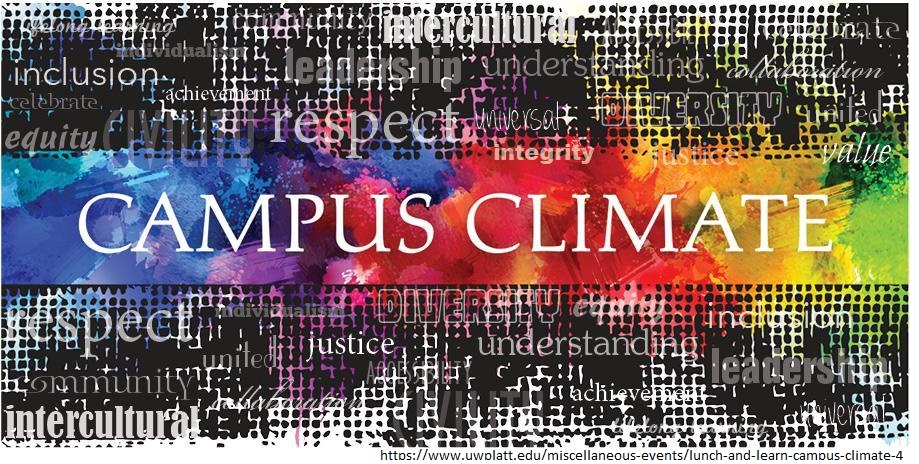Queer-spectrum and trans-spectrum students remain a significantly underserved population within higher education; despite the presence of significant disparities across measure of campus climate, academic, and health outcomes. In the context of institutional research, survey instruments measuring student experience have historically omitted demographic variables measuring sexual orientation and gender identity. In an increasingly data-driven culture, these omissions have rendered queer-spectrum and trans-spectrum students invisible to university decision-makers and program planners.
In October 2017, researchers from higher education research centers around the country took part in a day-long colloquium to discuss a variety of issues important to queer-spectrum and trans-spectrum students in higher education. Allison BrckaLorenz, research analyst at the Center for Postsecondary Research, shared what NSSE knows about these populations in three different presentations. In the first two panels, she was joined by researchers from the American College Health Association, Ranking & Associates Consulting, the Higher Education Research Institute, and the Center for Studies in Higher Education.
In their first panel, theses researchers talked about the power of language and the challenges and complexities of collecting demographic data from these populations. They discussed the unique challenges their projects faced in capturing this data and strategies they have enacted for capturing quality data. In their second panel, these researchers gave a brief presentation on the measures of student experience that the survey projects at these research centers collect. Their findings addressed campus climate indicators, health outcomes, and academic outcomes. A third panel of newer researchers and scholars in the field addressed current deficits in research and practice, offering a critical analysis of today's scholarship and practice, to identify emerging issues in policy, practice, and research.
In her final session at the colloquium, Allison presented on a variety of NSSE findings for queer-spectrum and trans-spectrum students. Instead of comparing these students to their straight and cisgender peers, respectively, she chose to look within at the various subgroups under the umbrella queer- and trans-spectrum. For example, she found differences among queer-spectrum students on their frequency of use of reflective and integrative learning activities and differences among trans-spectrum students on their educational aspirations. For more information about the colloquium including recordings of the presentations, see here. For more information on outcomes for Queer- and Trans-Spectrum Students at research universities in the US, see here.


